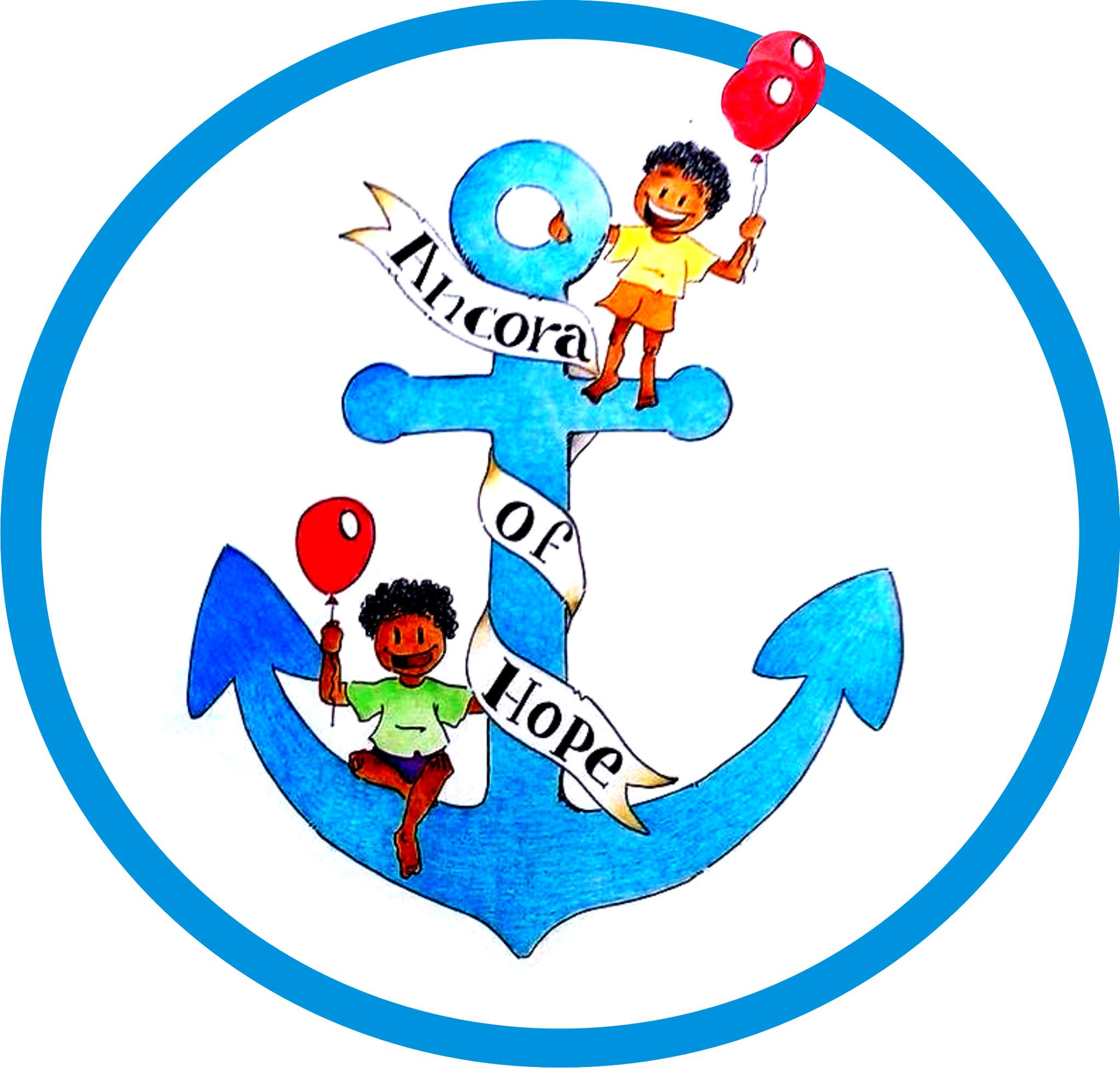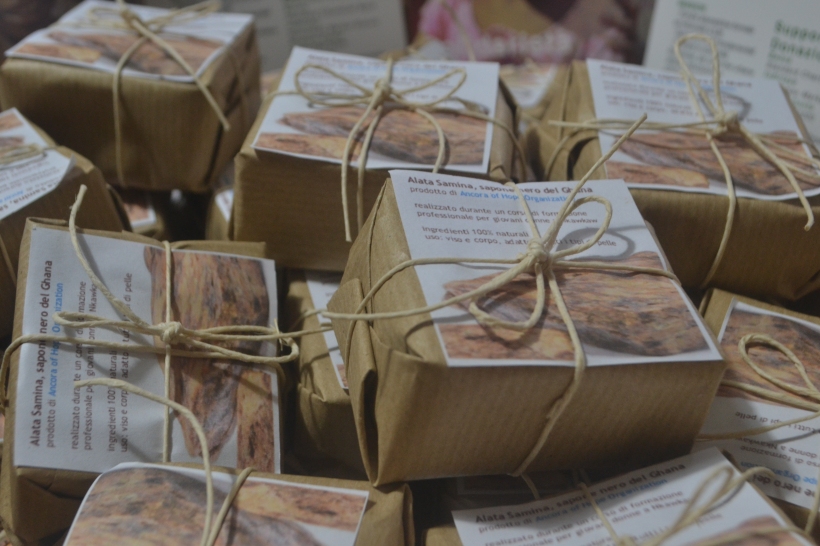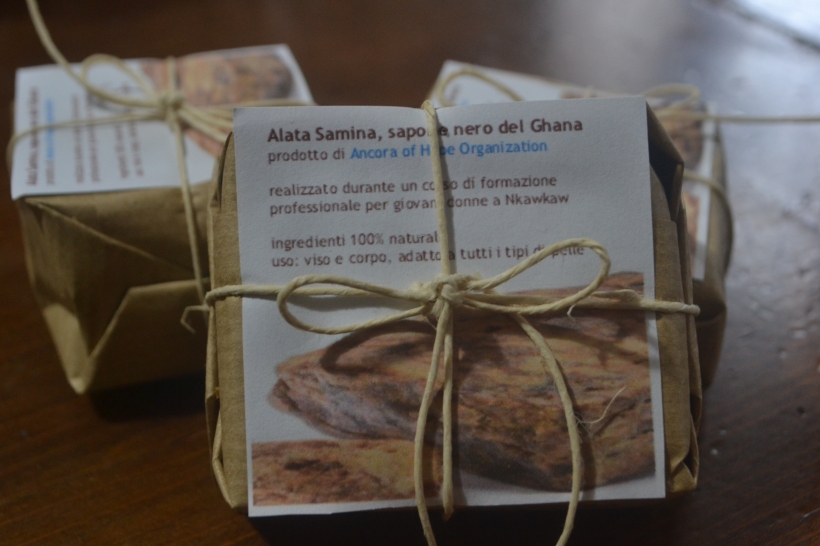
To work in a sustainable way, it is important to look at the broader picture: What is the economic, social and demographic future of Africa? In 2015, World Economic Forum has published nine trends for Africas future. In this post we are assessing how and which of these trends are affecting local Ghanaians in rural areas and how Ancora of Hope plans to address them:
Demographics
“[A]ccording to the UNICEF Generation 2030 Africa report, the current 1 billion-plus populous is expected to double within the next 35 years and its under-18 population to increase by two thirds to almost 1 billion.”
A crucial connection we see in our everyday work is the correlation between poverty and fertility. The more economic wealth families possess, the less children they will have, even in more traditional rural areas. This might be due to the fact that having many children often provides the only means of protecting parents’ future financial means.
Of course, there is absolutely nothing wrong with having children. However, having many children often leads to an increase in child labour and many families are not able to provide emotionally and financially to all of them. We address this issue by providing skill and literacy trainings to adults and by empowering women to make independent choices. Nevertheless, we believe the only long-term strategy to reduce fertility has to be provided by policy reform, such as providing pensions and reliable quality health care
Rise of the individual
We observe these “increased demands for transparency and participation in government and public decision-making” in our work, but also young Ghanaians’ political frustration. Through lobbying and political activism we can achieve to shape politics in a peaceful and sustainable way.
Another side of the coin of individualism is a gradual dissolution of community and togetherness. Although it happens more slowly in rural areas, the trend is visible. Especially the most vulnerable suffer from this trend. To cover this problem, we work closely with those left behind by society, such as street children. Currently, we are building a community centre with the aim of providing regular exchange and education for street children in the long-term.
Enabling technology
This is an trend that is increasing at an enormous pace. More young people have access to internet and thereby unlimited information and free education. Technology also enables people to get to know other views and cultures, to make more informed choices and to empower women. We believe that with the help of technology, we can reduce the gap between rich and poor.
Ancora of Hope regularly publishes articles and websites that help our followers to gain new perspectives and extend their knowledge. We also plan to work with new technology in our facilities, such as e-book readers and tablets.
Economic interconnectedness
This trend is well visible through international firms and brands, movies and large-scale migration. Free trade is important, but we also acknowledge World Economic Forum’s assertion that “unless international conventions can be strengthened, progress and optimum economic benefits may not be realized”.
Climate Change & Resources Strees
This is one of the trends that have not gained enough attention by the Ghanaian public. Our consumption of plastic and other non-recyclable materials is severe. Although the government needs to provide the systematic changes, such as a recycling system and the use of reusable resources, we can support the fight against climate change by teaching children to take care of the environment. We do this by giving each child a space in our garden to take care of and by showing them ways of reusing material rather than throwing it away. One of our biggest role models is the Green School in Bali – have a look at it.
Urbanization
“Today, 54 per cent of the world’s population lives in urban areas, a proportion that is expected to increase to 66 per cent by 2050” (UN 2014). We experience many young Ghanaians who leave their village to go to the bigger cities such as Accra and Kumasi. They feel that rural areas have nothing to offer and no future for them. This is partly true to the fact that education and job opportunities are rare in these regions. We try to address the root causes of this issue by giving young Ghanaians more reasons to stay
_______________________________
Post created by: Kim Heinser


